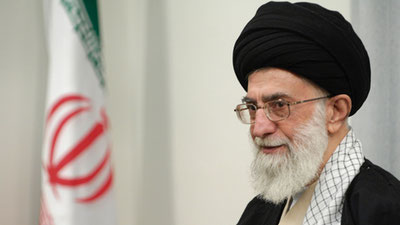In a comprehensive audit of federal government expenditures, the Auditor General of Pakistan (AGP) has identified financial irregularities amounting to PKR 375 trillion (approximately USD 1.32 trillion) for the 2023–24 fiscal year. The report, presented this week, raises questions about public financial management and underscores the challenges facing Pakistan’s fiscal governance.
The findings, compiled through audits of various ministries, departments, and state institutions, reveal wide-ranging issues including procurement anomalies, civil works mismanagement, and delays in revenue recoveries. While the report does not imply wrongdoing by any specific entity, it does point to systemic inefficiencies and gaps in oversight that require attention.
Spending Versus Austerity: A Disparity in Priorities
Pakistan has, in recent years, implemented several austerity measures in response to growing economic pressures. These have included reductions in subsidies, increases in utility prices, and curtailment of development expenditures. However, the AGP’s report appears to highlight a disconnect between austerity at the citizen level and fiscal practices within public institutions.
According to the audit, only 13% of public funds were allocated to development and welfare initiatives, while 87% were absorbed by debt servicing and interest payments. This leaves limited space for investments in essential public services such as education, healthcare, and infrastructure.
Procurement Practices Under Scrutiny
A significant portion of the reported irregularities—nearly PKR 284 trillion (USD 1 trillion)—stemmed from procurement-related issues. These include inconsistencies in contract awards, lack of transparency in tendering processes, and insufficient documentation.
While procurement remains a complex area within public finance, the scale of the reported discrepancies suggests that institutional reform may be necessary to ensure that public funds are utilized more efficiently and transparently.
Civil Works and Infrastructure Delays
The AGP also cited PKR 85.6 trillion (USD 302.5 billion) in mismanagement related to civil works projects. These are typically associated with infrastructure such as schools, roads, bridges, and hospitals.
The audit observed delays, cost escalations, and deviations from approved specifications in several cases. Although not uncommon in large-scale infrastructure programmes globally, such inefficiencies can reduce the effectiveness of public investment and delay service delivery to communities.
Outstanding Receivables and Revenue Collection Gaps
The report highlighted PKR 2.5 trillion (USD 8.8 billion) in uncollected receivables. These represent funds owed to the government that remain unpaid due to issues such as weak enforcement mechanisms, inadequate record-keeping, or legal challenges.
Addressing these gaps could improve fiscal space and reduce the need for external borrowing, which has been a recurring feature of Pakistan’s macroeconomic strategy in recent years.
Supplementary Grants and Parliamentary Oversight
Another important observation in the AGP’s findings is the issuance of PKR 513.87 billion (USD 1.82 billion) in supplementary grants without prior parliamentary approval. While supplementary grants are not uncommon, especially in dynamic fiscal environments, the report emphasizes the importance of maintaining parliamentary oversight to uphold democratic accountability.
The AGP recommended a review of such practices to ensure that budgetary processes align with constitutional provisions and legislative norms.
The Path Forward: Strengthening Governance and Transparency
The AGP’s report does not allege criminal conduct but rather highlights areas where improvements in governance, internal controls, and transparency are needed. It offers a valuable roadmap for reforms that can help align fiscal policy with national development goals.
Experts note that stronger audit follow-up mechanisms, digitalization of procurement, and enhanced inter-agency coordination could significantly reduce inefficiencies over time. These reforms are particularly vital as Pakistan continues to engage with international financial institutions and development partners.
The Auditor General’s report presents a detailed, data-driven look at the complexities of public finance in Pakistan. While the figures are substantial, they also reflect the scale of the challenge and the opportunity for meaningful reform. As the government continues to navigate economic pressures, ensuring that every rupee is spent efficiently, and with public interest at the forefront, will be critical to rebuilding trust and advancing national priorities.






